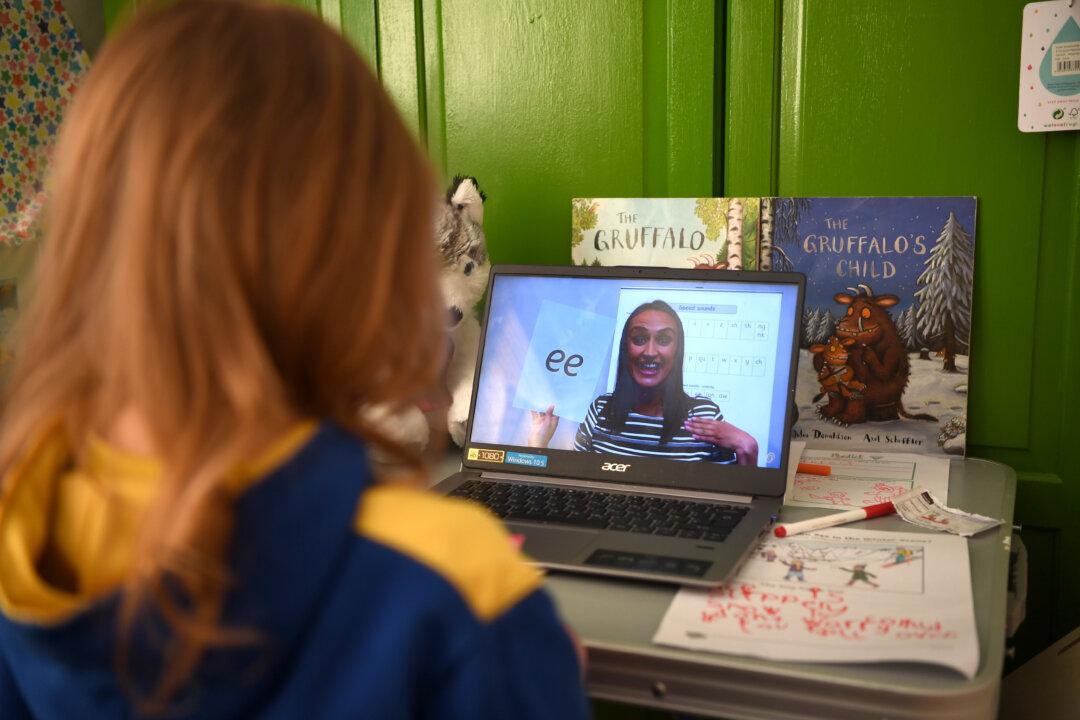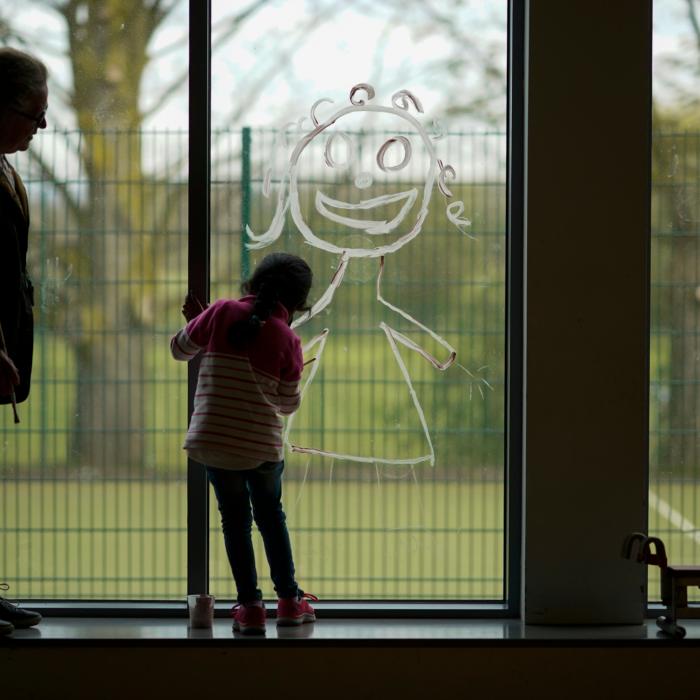Parents are being urged to ignore old guidance around COVID-19 and to send their children to school when they have mild colds and sore throats as part of a new campaign to drive up attendance.
Following increased rates of persistent absenteeism after the lockdowns, when the majority of children had to stay at home and were expected to learn online, the Department for Education has launched a national communications campaign under the strapline “Moments Matter, Attendance Counts.”
Statistics show the number of secondary school children persistently absent in England has doubled in the past decade from 567,000 in 2010 to 894,444 in 2021.
The letter, co-signed by a number of senior health professionals and first published last September, says, “We are aware that the COVID-19 pandemic may have caused some parents to feel less confident with assessing whether their child is well enough to be in school.”
Professor Whitty’s guidance states that it is “usually appropriate for parents and carers to send their children to school with mild respiratory illnesses. This would include general cold symptoms: a minor cough, runny nose or sore throat. However, children should not be sent to school if they have a temperature of 38C or above.”
His letter acknowledges that increasing numbers of children are missing school due to mental health conditions since the lockdowns.
“In addition to respiratory illnesses, we are aware that more children may be absent from school due to symptoms of anxiety than before the pandemic.
“Worry and mild or moderate anxiety, whilst sometimes difficult emotions, can be a normal part of growing up for many children and young people. Being in school can often help alleviate the underlying issues. A prolonged period of absence is likely to heighten a child’s anxiety about attending in the future, rather than reduce it.”
The latest strategy aims to support more than a million children into regular education by creating another eighteen “attendance hubs” across six regions, providing breakfast clubs and extra-curricular activities aimed to encourage youngsters to attend school.
Schools will be encouraged to improve “their processes and analysis of attendance data” and an attendance mentor pilot programme will be expanded through an investment of up to £15 million over three years, intended to provide “direct intensive support to more than 10,000 persistent and severely absent pupils and their families.”
The programme will see trained mentors working in ten further areas from Sept. 2024, in addition to an existing pilot programme with children’s charity Barnardo’s, which operates in Middlesbrough, Doncaster, Knowsley, Salford and Stoke on Trent.
Education Secretary Gillian Keegan said, “Tackling attendance is my number one priority. We want all our children to have the best start in life because we know that attending school is vital to a child’s wellbeing, development, and attainment as well as impact future career success.”
Bridget Phillipson, Labour’s education shadow, told the BBC that schools should take action against children missing school unnecessarily but focus on non-health-related absences.
“I think those parents that choose to take their children out of school for holidays or for trips or where it’s not necessary should reflect seriously. Because that damages children’s life chances, they only get one chance at school, they only get one childhood.”
The UK Health and Security Agency said in its latest Flu and COVID-19 surveillance report, “It’s fine to send your child to school or nursery with a minor cough or common cold if they are otherwise well and do not have a high temperature. But if your child has a fever, they should stay home from school or nursery until they feel better, and the fever has resolved.”
The government will press ahead with further legislation in the coming months that will mean all schools will be required to share their daily school registers with government officials in a bid to identify patterns of absenteeism.







